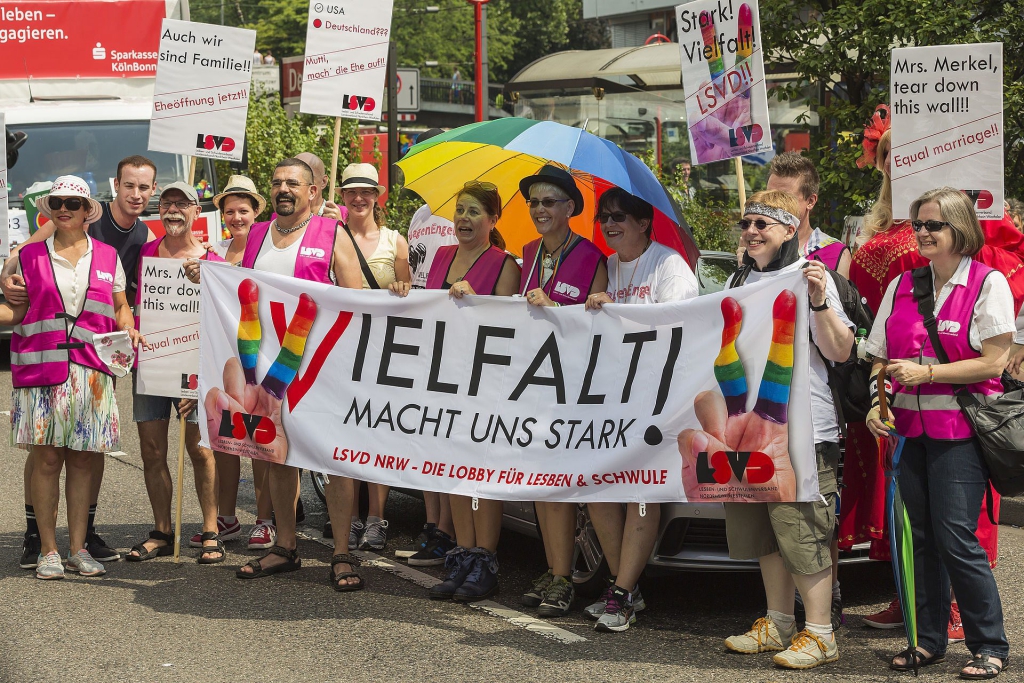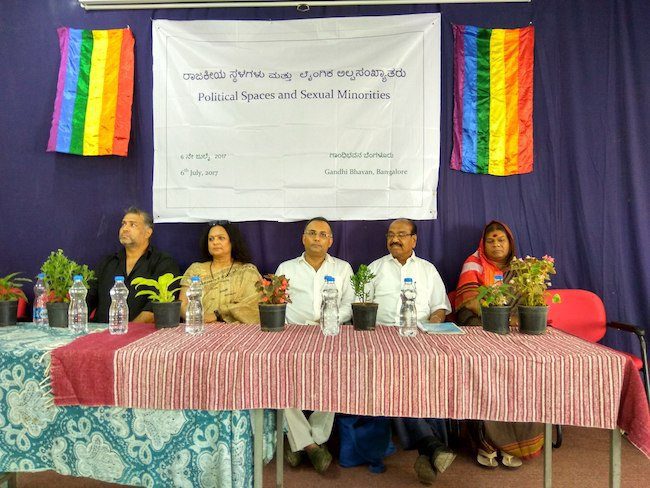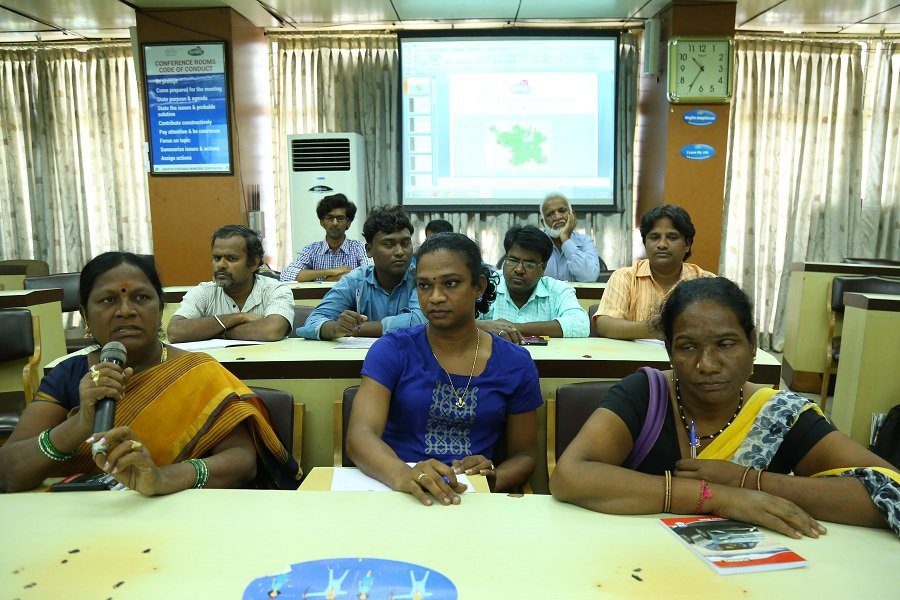
On June 29, the German Parliament voted to legalize same-sex marriage. Previously, Germany was the largest country in Western Europe where marriage equality had not yet passed, despite popular support among citizens. Civil unions, however, have been legal since 2001.
The vote occurred last week after Chancellor Angela Merkel announced that her party, the Christian Democrat Union (CDU), would relax their stance and let members vote on the issue according to their “conscience.” Merkel’s announcement was seen as more political than a personal change of heart, though, as her possible coalition partners, such as the Social Democrats and the Greens, recently said that support for her party would be contingent on the CDU’s support same-sex marriage.
While Merkel herself voted against the measure, it passed easily, with 393 votes for and to 226 against. Seventy-five members of her own party, including openly gay MP Stefan Kaufmann, voted for the measure.
Out politicians like Kaufmann highlight the importance of LGBTQ visibility in politics, as members of this community have the power to shape the debate, and win victories for the everyone they represent. Victory Institute works to train LGBTQI leaders worldwide to run for office in the hope that they will be able to advance equality around the world.
The new law will go into effect by the end of 2017, after approval by the Upper House and signature of the president. Along with the right to marry in Germany will come the right to adopt children. In addition to Germany, Malta is also set to legalize same-sex marriage and adoption of children. Malta made history in 2016 as the first nation to ban gay conversion therapy.


